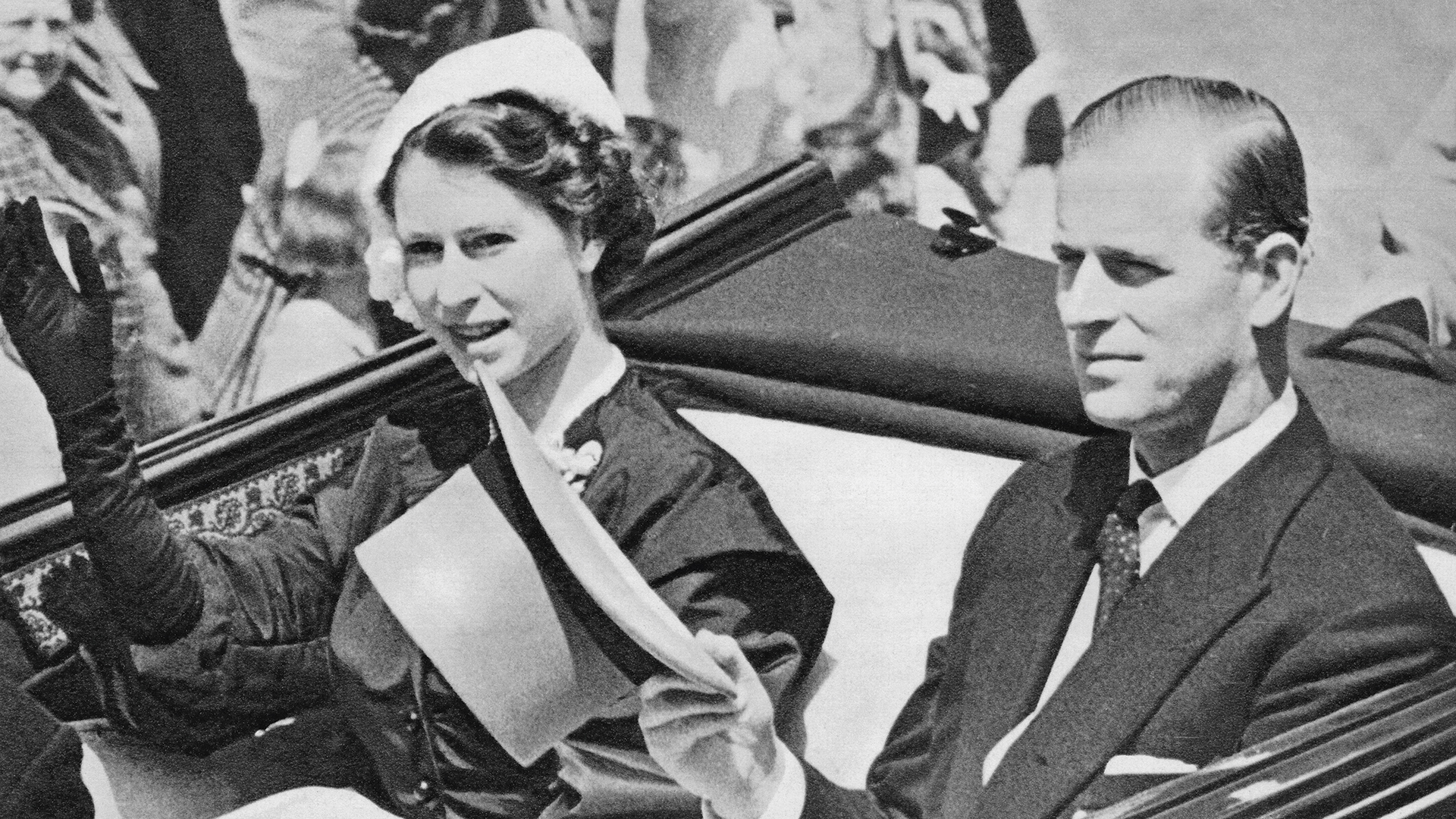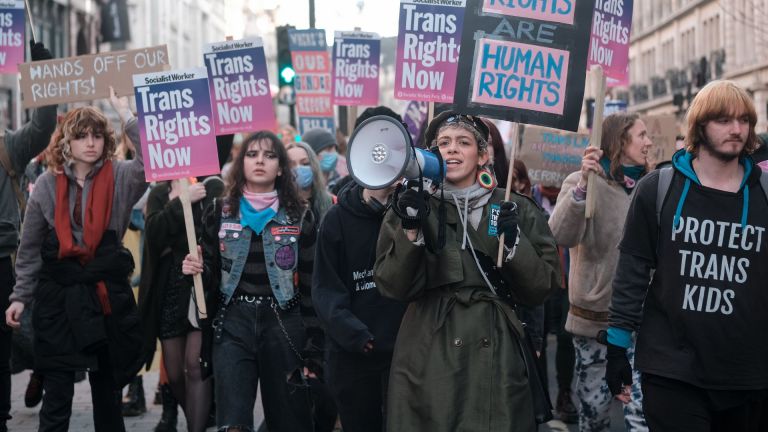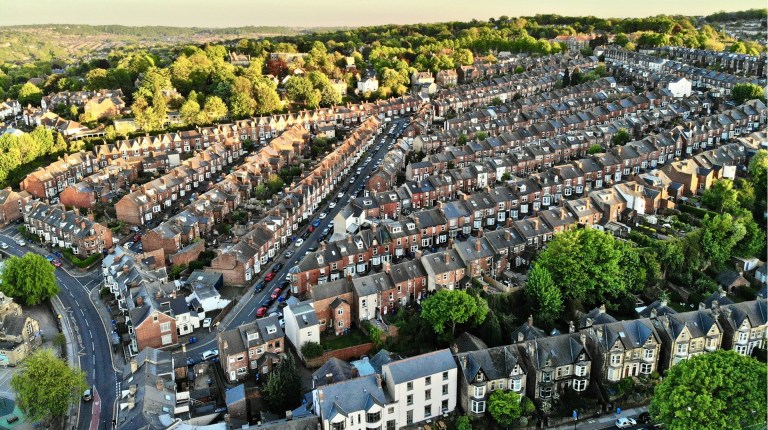Little did I know that a few weeks after the coronation, following eviction, our slum life would end and we would have baths, beds with sheets and blankets, three meals a day – and shoes that were not holed. Pullovers and other niceties that other classes took for granted became ours. These were all administered by tough-handed nuns who mainly came from the west coast of Ireland and who had devoted their lives to Jesus and the wellbeing of the downtrodden and those in poverty.
You could get a bus from our part-condemned slum flat to Buckingham Palace and Westminster on the day in 1953 they coronated Queen Elizabeth. Although we did not have a street party, we ‘raided’ others held nearby. I was seven and we were the street urchins loved by filmmakers intent on establishing ‘mood’. In fact, in between the coronation and our eviction from our flat, a French film used our street as a location and I was given a few bars of chocolate to walk a girl my own age across our street. It was called the Queen of Hearts – or Spades. I have yet to see my handiwork.
Your support changes lives. Find out how you can help us help more people by signing up for a subscription
Clean disaster befell me and my brothers, for we were so used to the rats and mice, the well-fed cockroaches and succulent fleas, the damp walls and cold rooms, as we had the compensation of being with our parents. Nuns providing solace of a physical kind could never replace those ‘heroes’ that we came from.
Having made you feel suitably sorry for me, I now turn to a very truncated, slightly prejudiced roundup: Great Britain, as it was called (now the United Kingdom or ‘Untied Kingdom’ if you misspell it), was a different country 70 years ago. We had yet to reach the obesity levels that have come largely from the over-consumption of sugar and processed food. The poorest among us ate poorly, but there was not much of it.
Most workers did hard and strenuous work. Exhaustion was the order of the day. A journey on a bus would often look more like a dormitory than a mode of transport. The UK was largely white, the 1945 Citizens Act that allowed people from the old Empire – now Commonwealth – had yet to stir people into moving. Notting Hill and other poverty stricken parts of Britain had the first of the Windrush Generation. But still in 1953, at the time of the coronation, the UK was largely as it had been since Alfred burnt the cakes, except for those beastly Normans who came in and gave us our over-privileged and snobbish ruling class.











